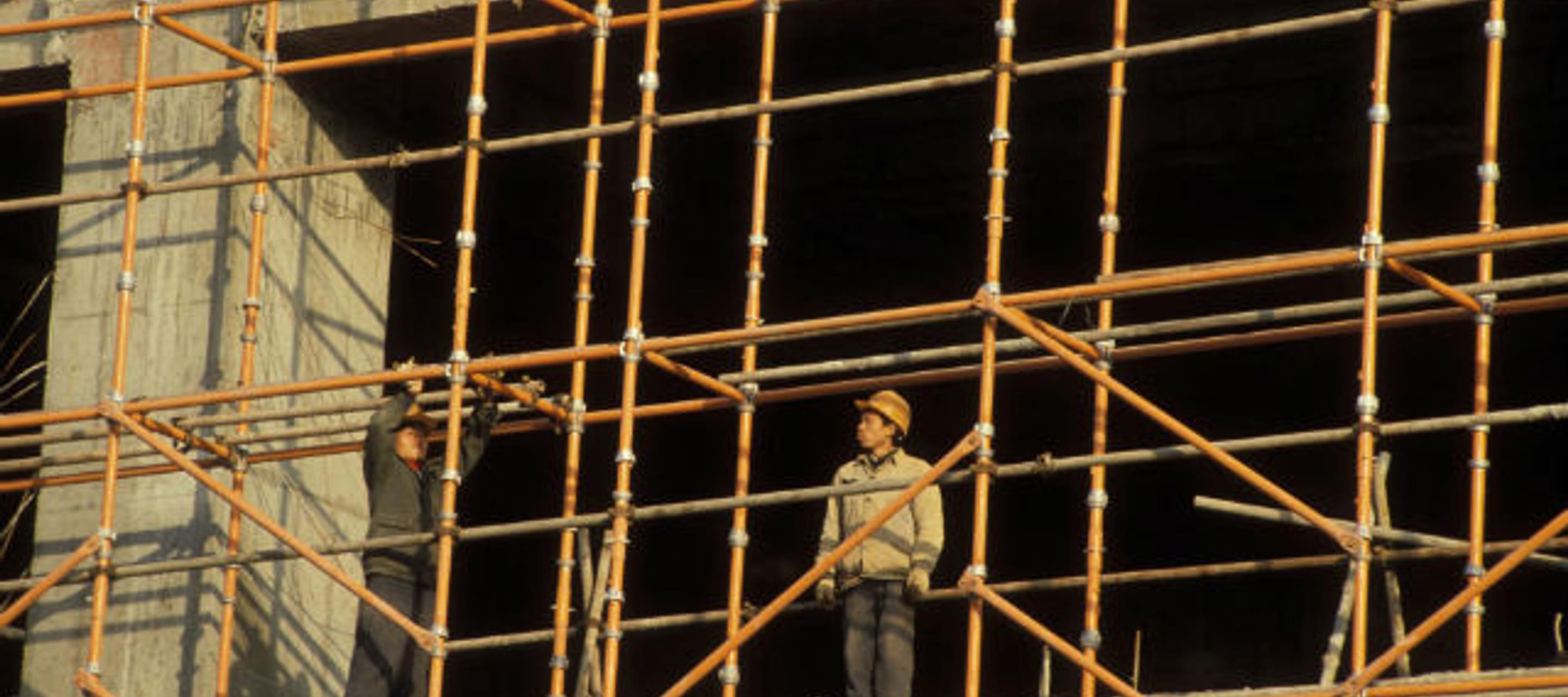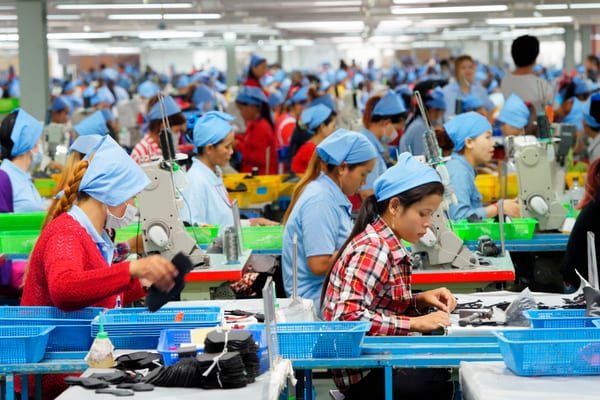Corporate Liability for Forced Labour and Human Trafficking
24 October 2016

While direct corporate liability for instances of forced labour and trafficking in supply chains is limited, modern slavery is not just a supply chain issue. Companies are at risk of liability for any direct use of forced labour or involvement in human trafficking.
This IHRB report maps corporate liability for forced labour and human trafficking across several jurisdictions, highlighting legislation that applies to companies and what legal duties are expected in business operations and activities - including responsibilities to detect, prevent, mitigate, report and remedy incidences of trafficking and forced labour.
This report has been developed in collaboration with Hogan Lovells LLP with the support of Thomson Reuters Foundation's TrustLaw programme.
Read now.
Image: Flickr/Curt Carnemark/World Bank/1525609427



